‘I Wake Up Shaking’ — The Moral Injury of the Afghanistan Withdrawal
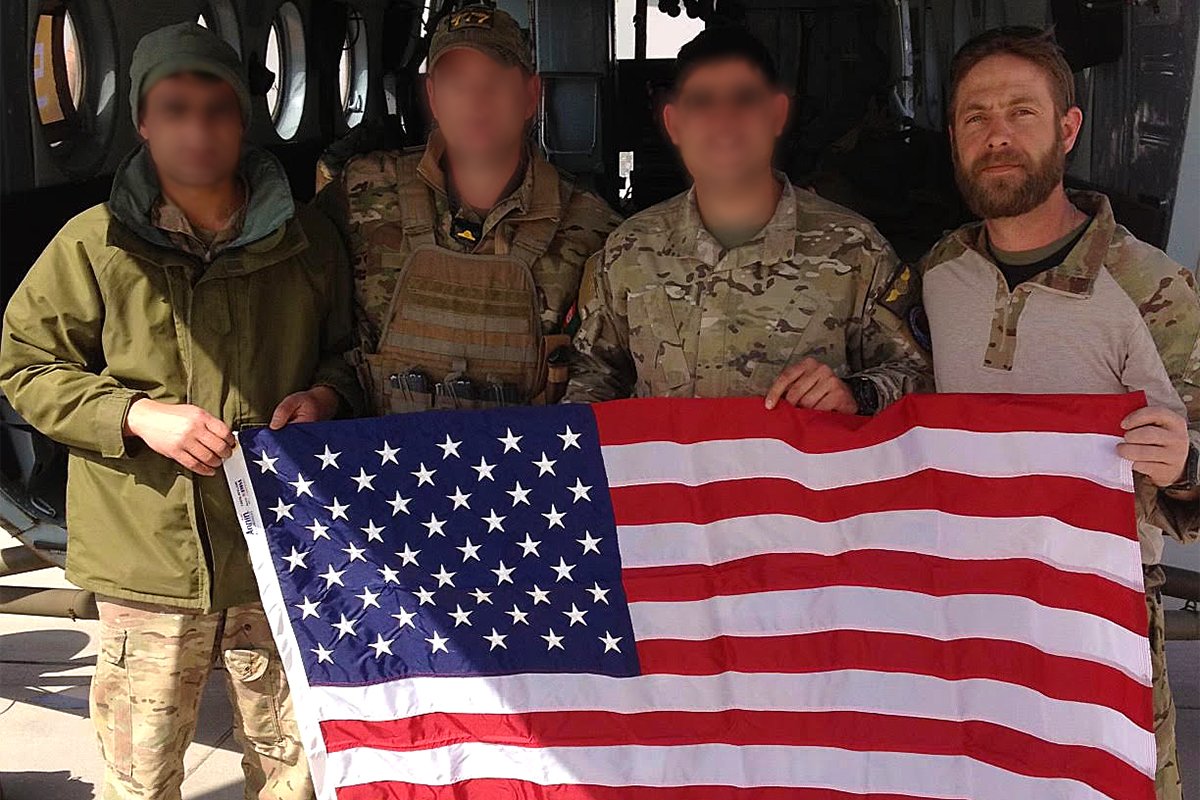
Three months after the fall of Afghanistan, countless veterans are still trying to save their former interpreters and Afghan commandos. It’s weighing heavily on their mental health in a form of “moral injury.” Photo courtesy of Travis Peterson.
Air Force special operations veteran Travis Peterson wakes up shaking every morning. He dreads looking at his phone and seeing the updates from the men who served in Afghanistan’s elite Special Mission Wing — men who put their lives on the line for Peterson more times than he can count, who fought until the very end as other military units fled, and who are now being hunted by the Taliban. They are on the run, starving, and desperately awaiting news that their American allies might soon rescue them.
“They would put their lives in front of mine every day, even to this day. Even though I promised them that I’m going to get them out, you know, and …” Peterson’s voice trailed off. Then the former combat aviation adviser for 6th Special Operations Squadron sighed and said, “They’ll never give up faith in us.”
But he is haunted by the thought that his country gave up faith in them. And he’s not alone. Veterans’ groups say a mental health crisis is closing in on the countless veterans and volunteers working night and day to save their Afghan counterparts.
In August, the Department of Veterans Affairs told reporters its Veterans Crisis Line had seen a dramatic increase in texts, chat messages, and calls between Aug. 14 and Aug. 29 when the Taliban took control of Kabul.
The health and wellness nonprofit Boot Campaign has seen a similar trend, according to CEO Shelly Kirkland. Boot Campaign helps veterans access free mental health care. When the Taliban seized Kabul, veterans told the nonprofit they were feeling anger, sadness, and rage over the lives that had been lost and allies who weren’t saved.
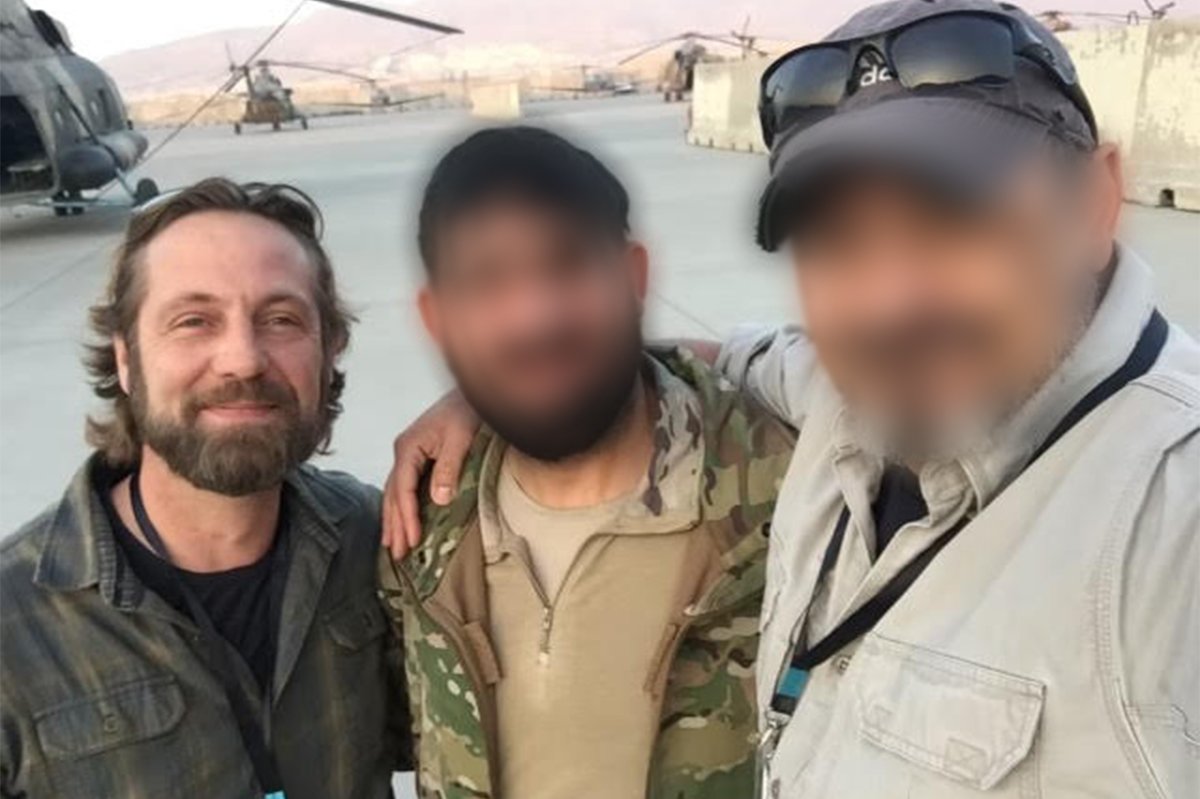
Three months later, the American public may have forgotten about Afghanistan, but Kirkland said the veterans had not.
“It was all over every headline, and it was sort of this collective American feeling that, no matter what you felt politically, something was happening in Afghanistan, and we needed to do something about it,” she said. “And now it feels like the weight is back on those veterans and those service members with how to continue to help.”
Peterson said that the government’s apparent uninterest in his colleagues was adding to the stress. The total number of interpreters and other at-risk Afghans left behind after the US withdrawal ended in August is unknown, but a recent report to Congress from the Pentagon’s top inspector general suggests the majority of Special Immigrant Visa-eligible Afghans were not evacuated. What’s more, the Afghan special forces fighters and commandos who fought alongside Peterson aren’t even eligible for SIVs, since they were not employed by the US government.
“There is no clear path for them to get to the US,” Peterson said. “And it scares me.”
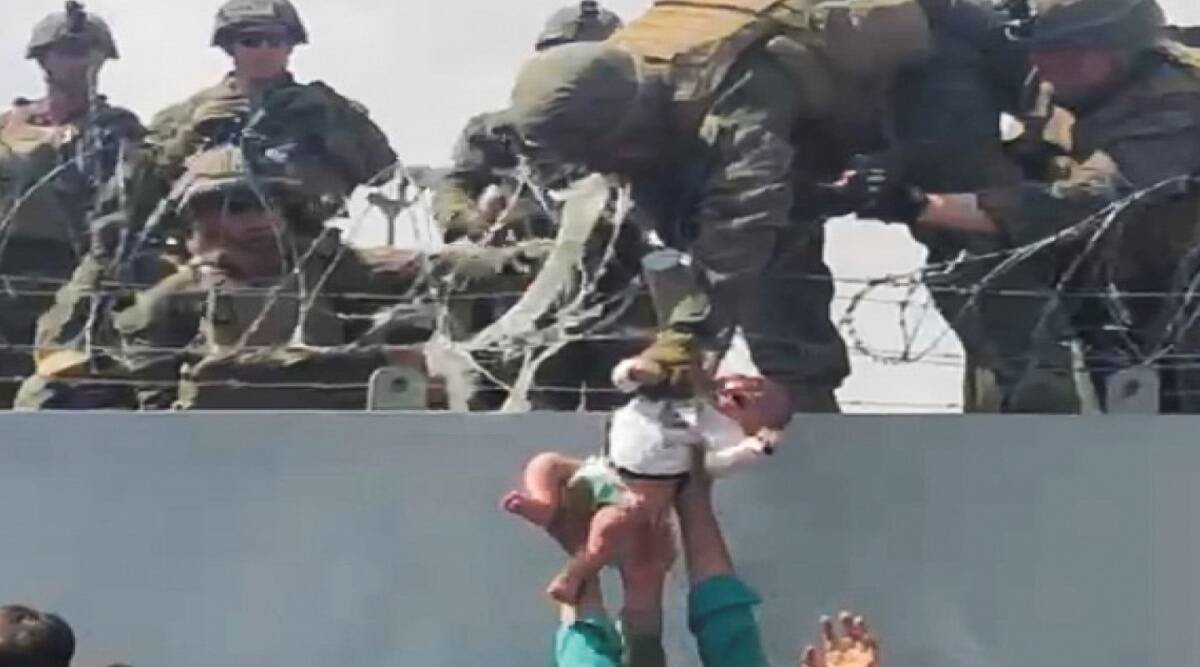
Former combat aviation adviser Joshua Williams, who left the 6th SOS two years ago, gets the daily texts that so many Afghanistan veterans are familiar with.
Hey sir, any progress on my family?
Hey sir, are you going to be able to get my kids out?
The knowledge that his brothers and their families are being hunted for helping American troops gnaws at him. But the only response he can offer is We’re working on it.
“I want to make sure we don’t forget about it, you know? Like, out of sight, out of mind. … Because you got guys like me who put a lot of heart and soul into that country,” Williams said, running his hands over his face.
Video chatting with Coffee or Die Magazine from his home in Southern California, Williams had maintained a stoic disposition for most of the conversation. Now, the pain became visible.
“It’s just heartbreaking,” he said after a moment. “I won’t stop until the last family member is out of there.”
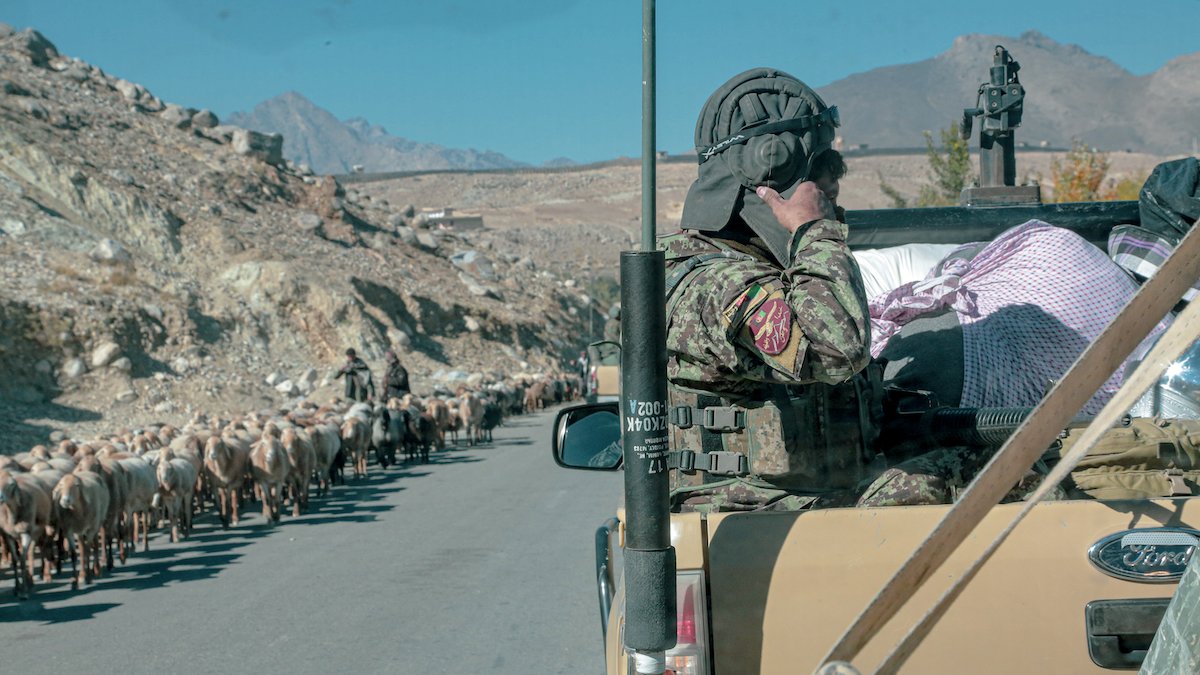
Matt Zeller, senior adviser for the nonprofit Iraq and Afghanistan Veterans of America, said veterans were suffering from a “moral injury” knowing that thousands of allies and their family members were left behind. Efforts to rescue America’s former allies are slow and hindered by what feels like insurmountable bureaucracy, veterans said. But they refuse to give up.
“This is going to go on until … there’s no one else that we can rescue,” Zeller said. “The Vietnam vets are the only other population in the country that seem to understand this with the passion and the vehemence that we do. … And they’ll be the first to tell you about what a half-century of moral injury does to a veteran population.”
Zeller, who served as a combat adviser in 2008 with Afghan security forces, told Coffee or Die he knew of at least three individuals who were consumed by the mission to get their interpreters out of Afghanistan. When that mission failed, he said, they took their own lives.
Meanwhile, Zeller said he had taken steps to guard his own mental health. Every day he sees pictures and videos of the Taliban’s brutality. He feels a responsibility to “bear witness to it and document it” so those responsible can be brought to justice. But he now limits the amount of time he spends looking at the carnage.
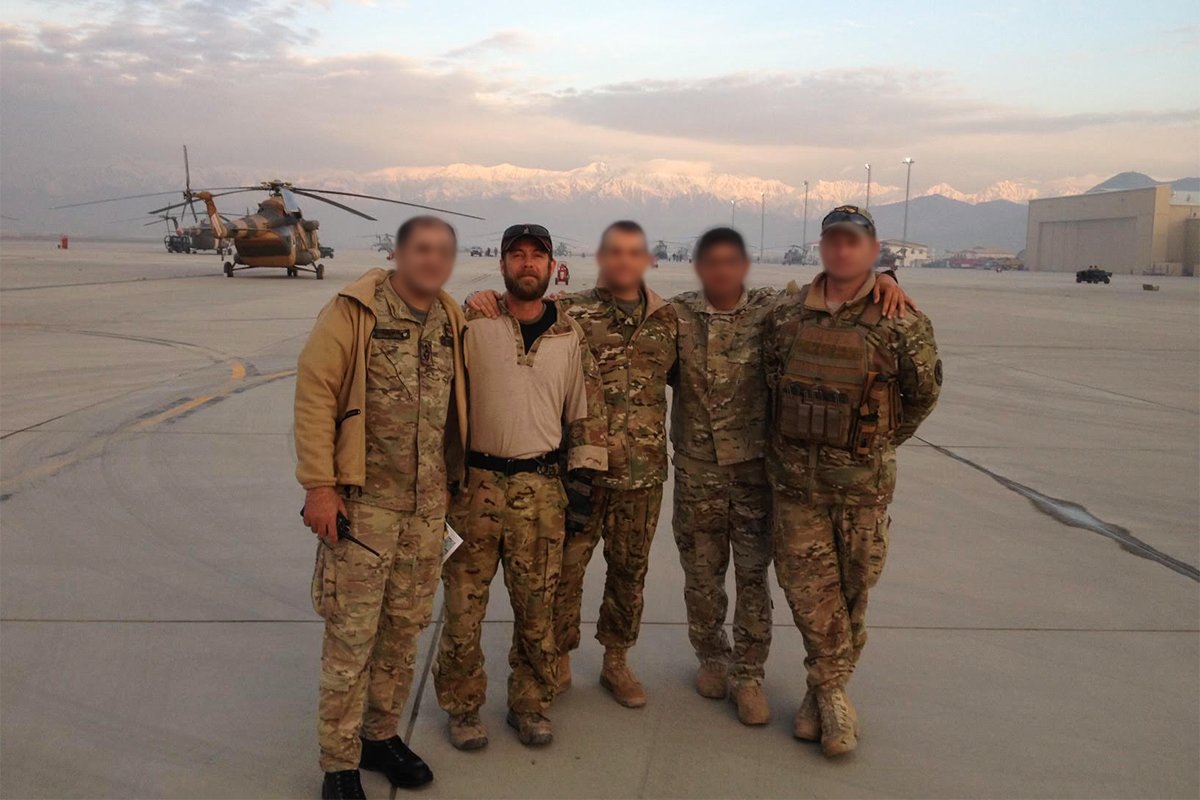
Mental health care providers can help veterans process and regulate their feelings in a healthy way, but it’s also important for family members, civilian friends, and fellow service members to reach out to the veterans in their lives.
“Your buddy who you think may have it all together may be struggling,” Kirkland said. “And you guys can come together and provide support for one another.”
Resources
The Veterans Crisis Line is free, anonymous, and available for any service member or veteran to talk about anything that’s on his or her mind. Call 800-273-8255, then press 1.
Veterans can go directly to their local VA medical centers for emergency mental health care, regardless of discharge status or enrollment in other VA health care.
Vet Centers are community-based counseling centers where 70% of staff are veterans. Call 877-927-8387 or find one online.
Read Next:
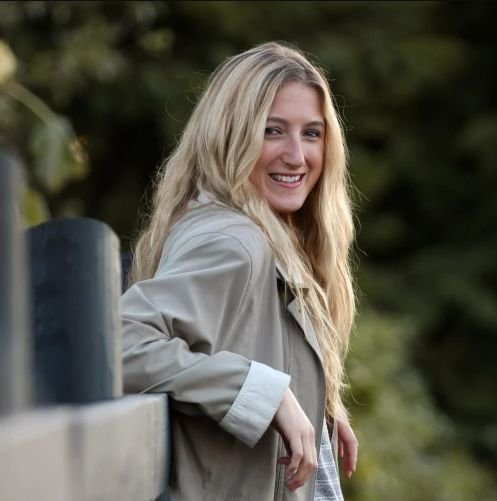
Hannah Ray Lambert is a former staff writer for Coffee or Die who previously covered everything from murder trials to high school trap shooting teams. She spent several months getting tear gassed during the 2020-2021 civil unrest in Portland, Oregon. When she’s not working, Hannah enjoys hiking, reading, and talking about authors and books on her podcast Between Lewis and Lovecraft.
BRCC and Bad Moon Print Press team up for an exclusive, limited-edition T-shirt design!
BRCC partners with Team Room Design for an exclusive T-shirt release!
Thirty Seconds Out has partnered with BRCC for an exclusive shirt design invoking the God of Winter.
Lucas O'Hara of Grizzly Forge has teamed up with BRCC for a badass, exclusive Shirt Club T-shirt design featuring his most popular knife and tiomahawk.
Coffee or Die sits down with one of the graphic designers behind Black Rifle Coffee's signature look and vibe.
Biden will award the Medal of Honor to a Vietnam War Army helicopter pilot who risked his life to save a reconnaissance team from almost certain death.
Ever wonder how much Jack Mandaville would f*ck sh*t up if he went back in time? The American Revolution didn't even see him coming.
A nearly 200-year-old West Point time capsule that at first appeared to yield little more than dust contains hidden treasure, the US Military Academy said.












